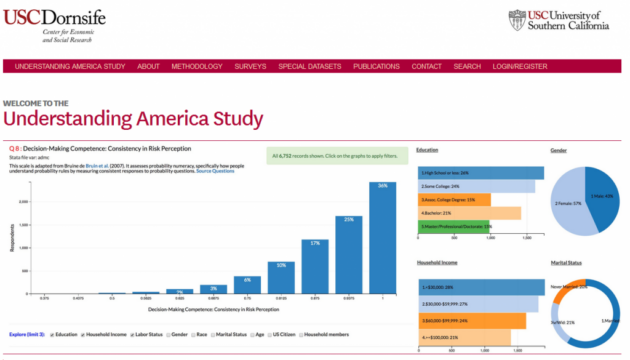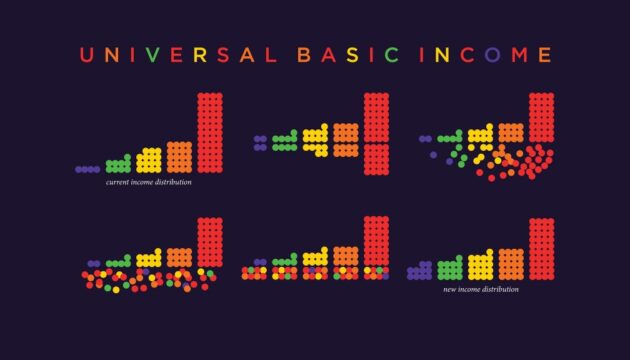Evidence Base
More from the Evidence Base Blog
-
On the Value of Public Investment in Cord Blood Banking
Cord blood provides a unique source of stem cells, which can offer a lifeline when transplanted to patients with certain disorders. Jakub Hlavka’s research on the value of a national public bank system for cord blood could inform the discussion around H.R. 4764 to reauthorize the TRANSPLANT Act.
Categorized in -
LABarometer: A New Quarterly Survey of L.A. County Residents
A new longitudinal survey of L.A. residents shows that life satisfaction in L.A. County is lower than the national average, and cost of living is partly to blame.
Categorized in -
Are We Ready to Treat Alzheimer’s?
Alzheimer’s research has been associated with many more downs than ups, but with Biogen’s surprising decision to file for market authorization of aducanumab, the next major challenge is for national healthcare systems to get ready.
Categorized in -
A Value-Based System Where Healthcare Providers are Accountable for Outcomes Will Benefit Patients
This post discusses the movement away from fee-for-service models in healthcare, towards value-based care in countries such as Singapore.
Categorized in -
Innovations in Probability-Based Internet Panel Data: Exploring the Understanding America Study
This post describes the Understanding America Study, an Internet-based panel which is actively creating an in-depth portrayal of the people in the U.S. – their stories, their daily lives, their preferences and their opinions.
Categorized in -
Who Would Have Believed it? Markets Can Reduce the ‘True’ Price of Cancer Drugs
When it comes to cancer, however, it is the price of health — not the price of drugs — that matters. As we think about ways to wring value out of the health care system, we acknowledge that CMS reforms and markets seem to be working in therapeutic areas with rapid innovation.
Categorized in -
Why Your Employer-Sponsored Insurance May Ultimately Not Be Good For You
Nearly 160 million Americans get insurance through employers, but that does not mean it’s good social policy.
Categorized in -
What do Americans Think about Universal Basic Income?
A recent survey of public opinion on a Universal Basic Income found that support and opposition are roughly equivalent, but responses can be pushed in one direction or another by the order in which questions are presented.
Categorized in -
Conservatives Find More Meaning in Life than Liberals
The link between conservatism and meaning in life was strongest for social conservatives, who tend to resist cultural change and accept the status quo, which may increase their sense that life is coherent and stable, two key contributors to the perception that life is meaningful.
Categorized in -
How to Work in Interdisciplinary Teams
CESR behavioral scientist Wandi Bruine de Bruin discusses the conditions that make interdisciplinary research teams successful.
Categorized in









